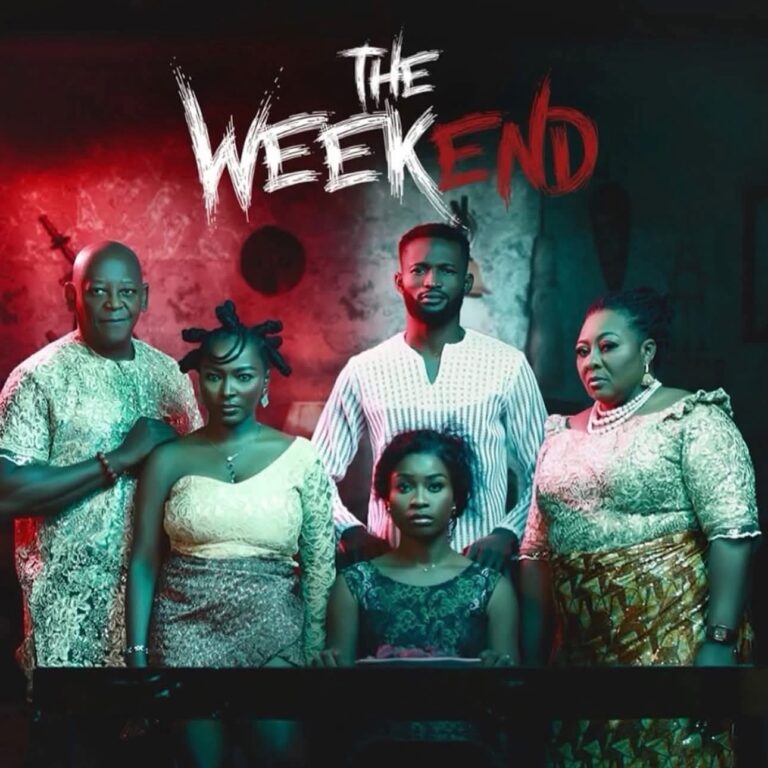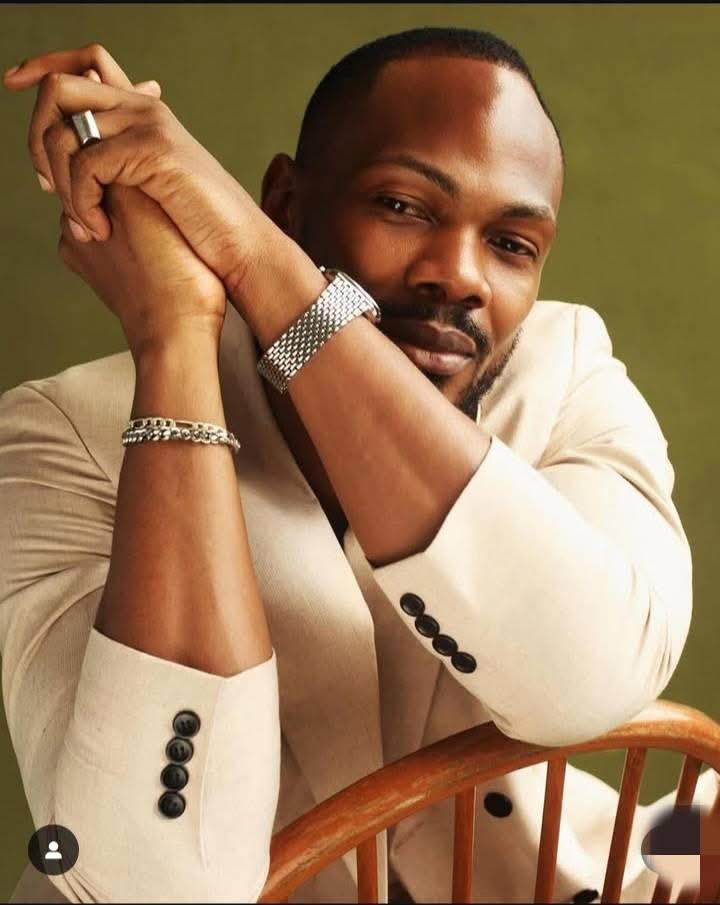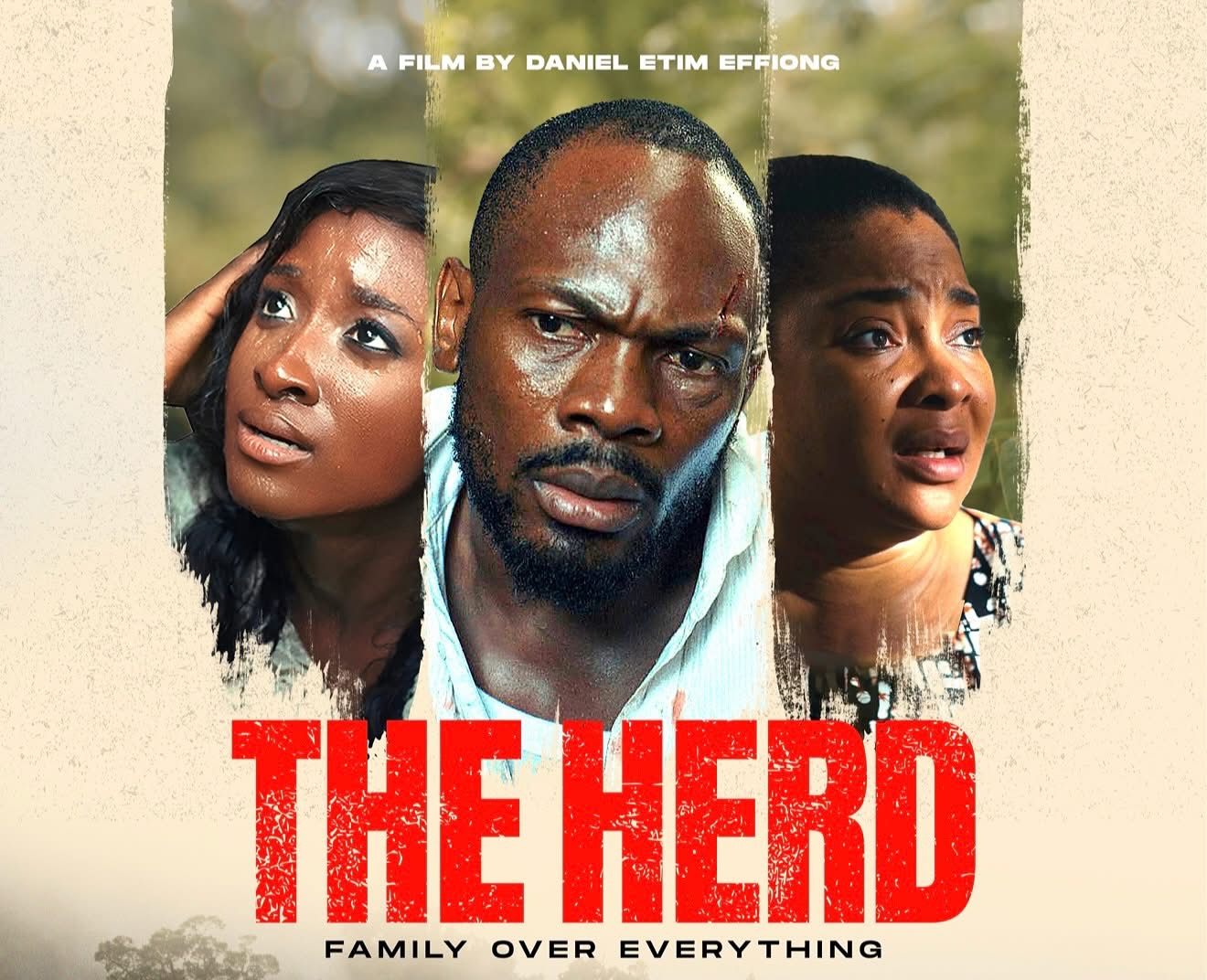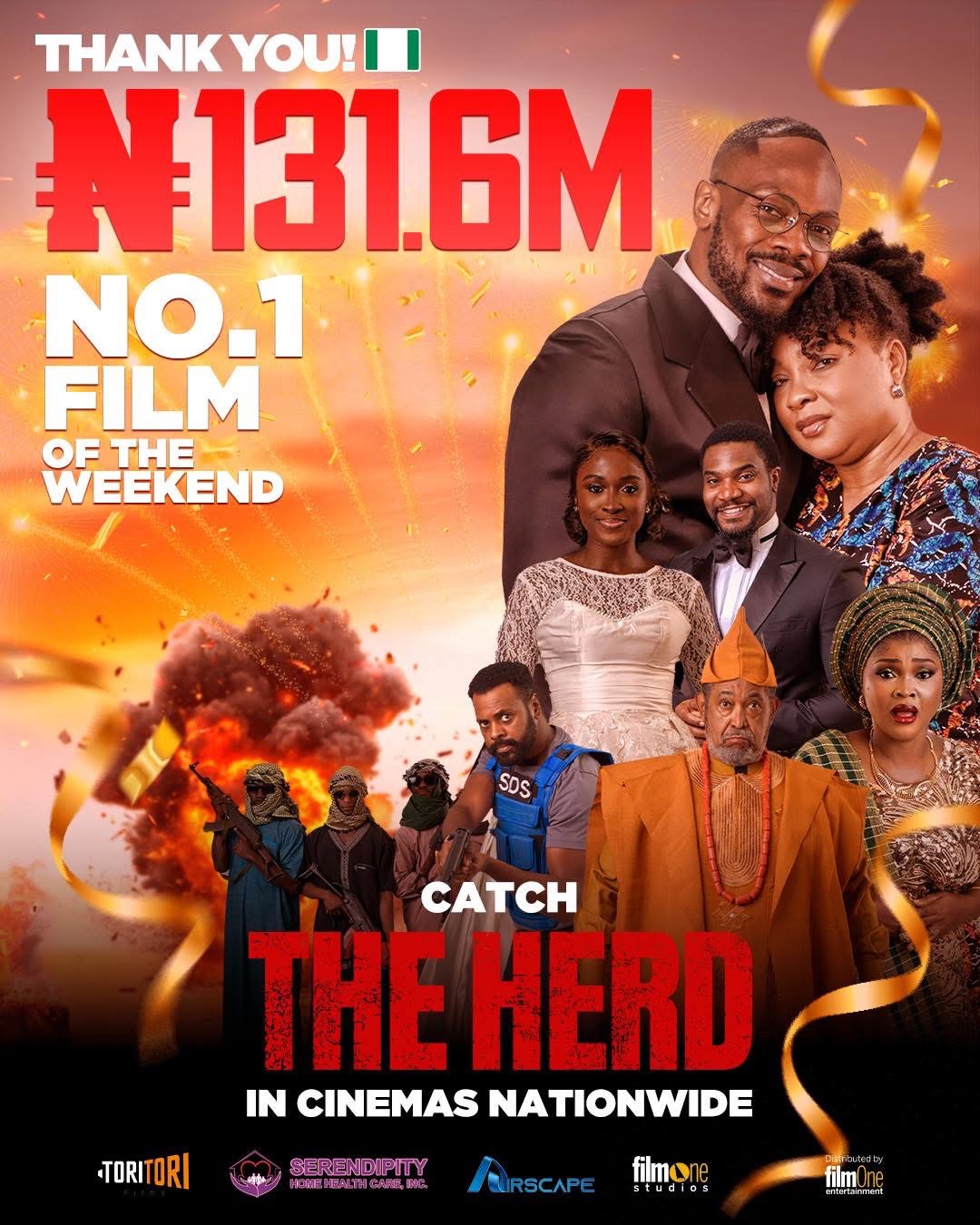SPOTLIGHT FEATURE | RANKS AFRICA
Nyakim Gatwech: The Queen of Dark Beauty Shaping Global Narratives
In this edition of Ranks Africa Spotlight, we highlight Nyakim Gatwech, the South Sudanese model and cultural advocate whose rise to international acclaim has sparked vital conversations on identity, representation, and the evolving standards of beauty.
Born in South Sudan and raised across refugee communities before settling in the United States, Nyakim’s story is one marked by resilience, courage, and the reclamation of self-worth. Her strikingly deep, luminous skin tone now celebrated across global fashion platformswas once the reason she endured bullying, cultural misunderstanding, and persistent pressure to lighten her complexion. Instead of yielding, Nyakim chose to embrace her identity fully, transforming what others viewed as a challenge into her most powerful asset.
Today, she is widely recognized as the “Queen of Dark”—a title that honors not only the richness of her complexion but the confidence, dignity, and purpose with which she wears it. Nyakim’s presence on international runways, magazine covers, and brand campaigns is unmistakable. She has become a defining voice challenging long-standing beauty norms while affirming the prestige and depth of African identity on the global stage.
Beyond modelling, Nyakim has emerged as a leading advocate against colorism, a pervasive issue affecting communities across Africa and the diaspora. Through public speaking, mentorship, and her influential digital platforms, she encourages people to embrace their natural features, celebrate their heritage, and reject standards designed to diminish their worth.
Her impact extends into entrepreneurship and cultural branding. With an estimated net worth of $9 million, Nyakim has strategically positioned herself as both a global cultural figure and a formidable brand, leveraging partnerships and storytelling to build a legacy rooted not in visibility alone, but in influence and purpose.
Nyakim Gatwech is more than a model.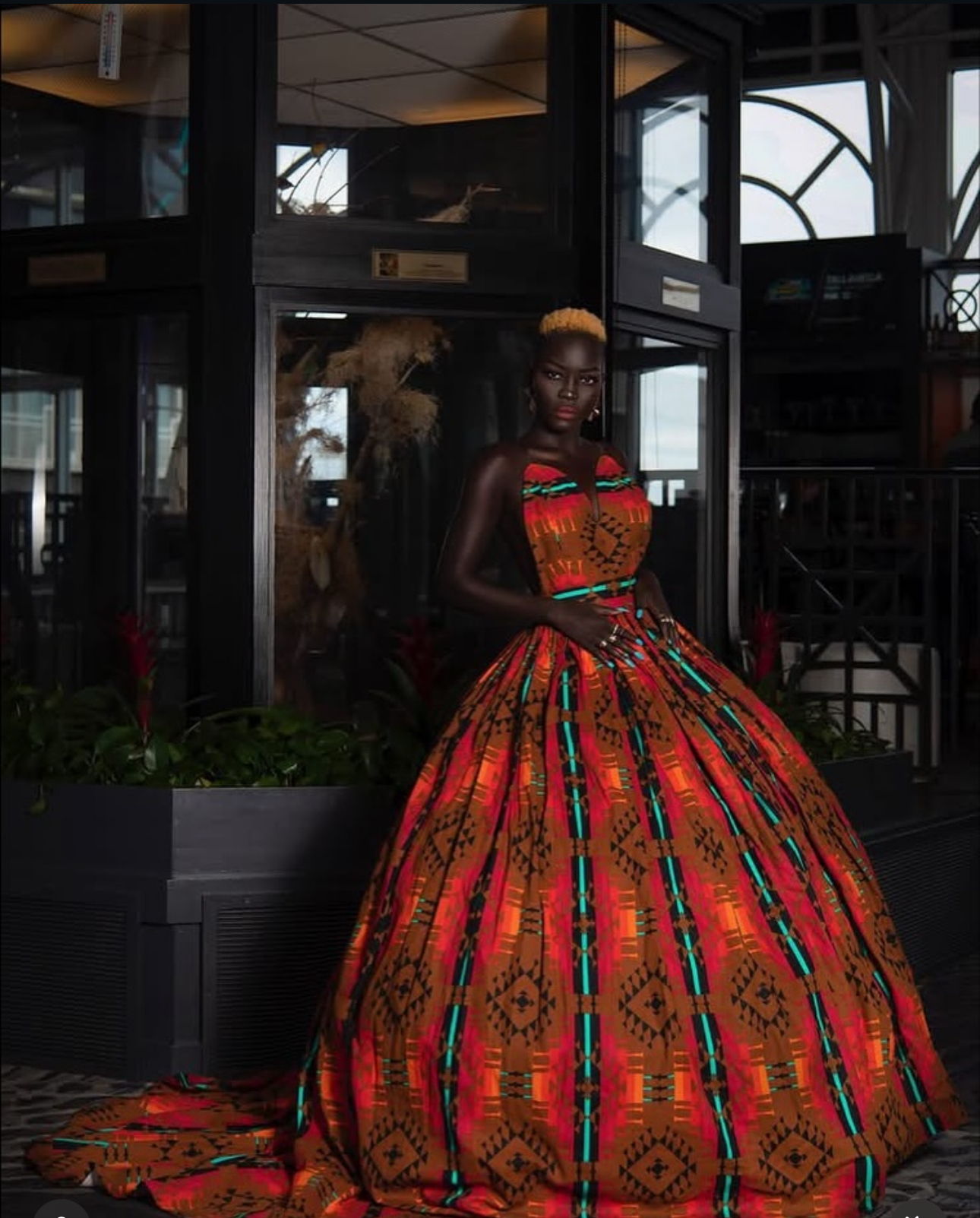
She is a movement.
A symbol of pride, identity, and the enduring brilliance of African beauty.
In a world still learning to recognize and honor the full spectrum of human beauty, Nyakim stands boldly at the forefront radiant, powerful, and unapologetically herself.
Ranks Africa Magazine.





